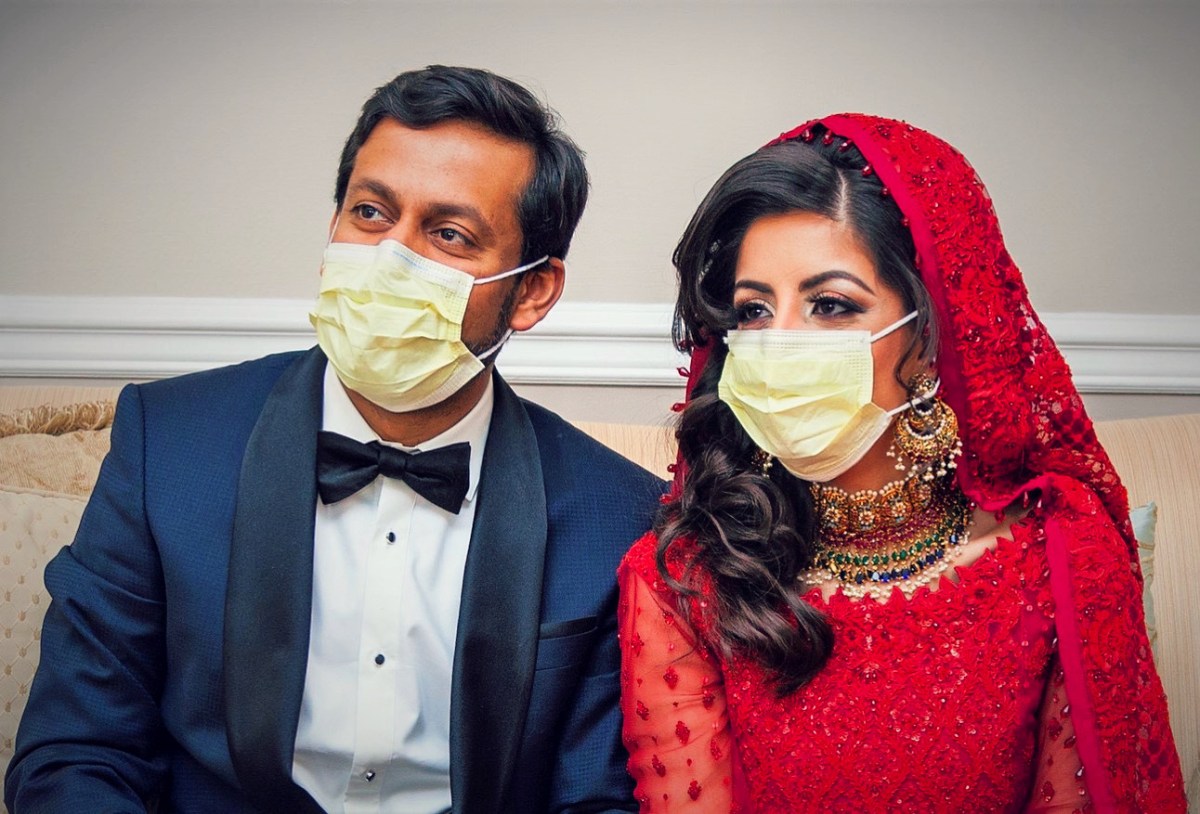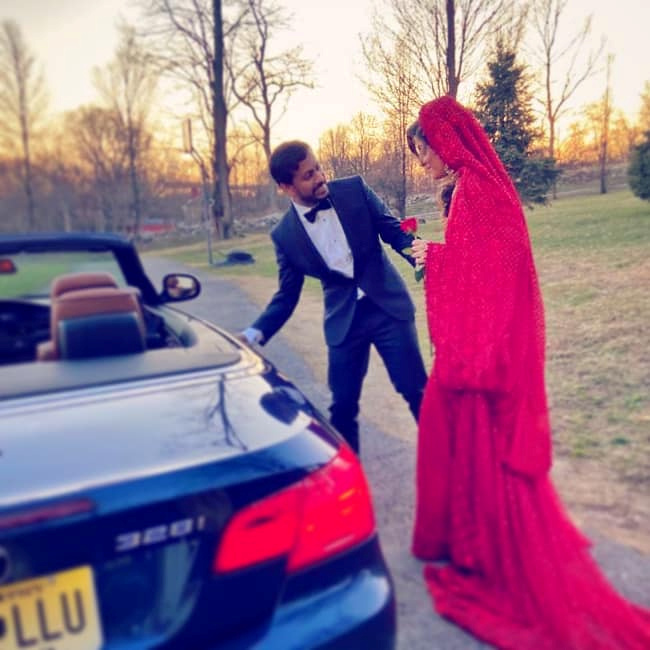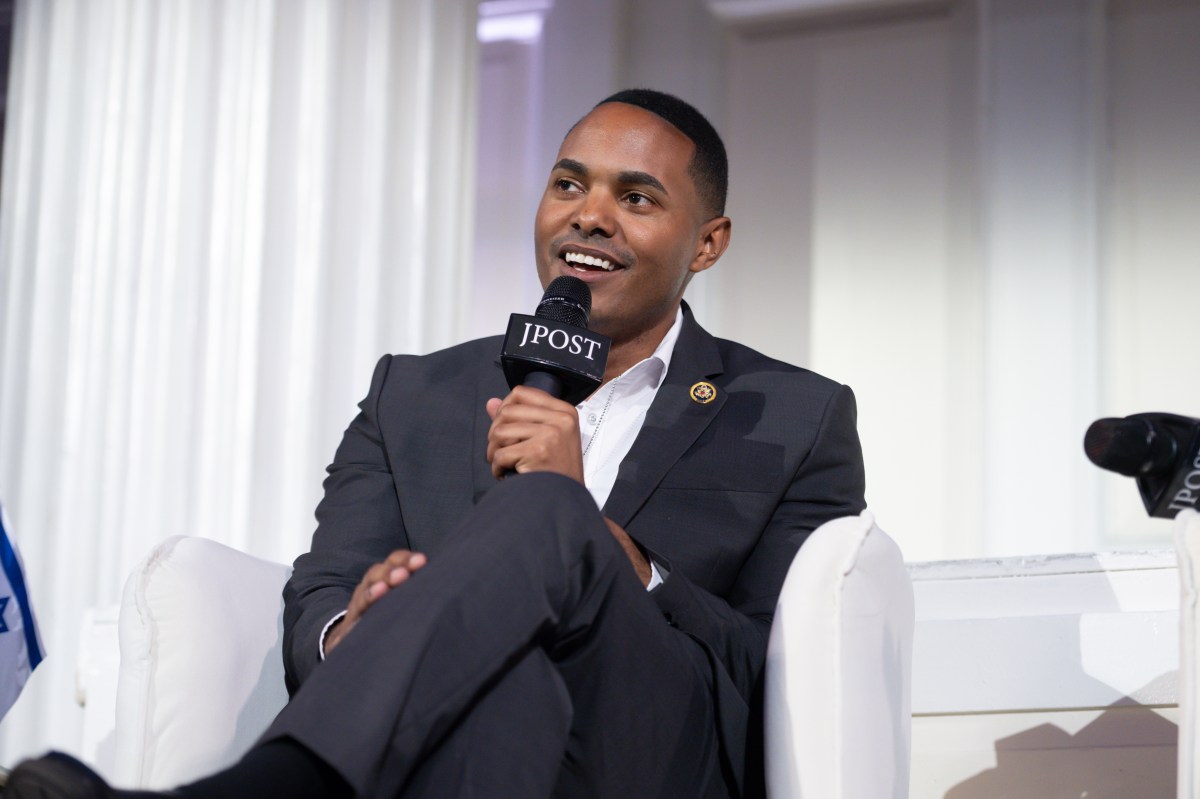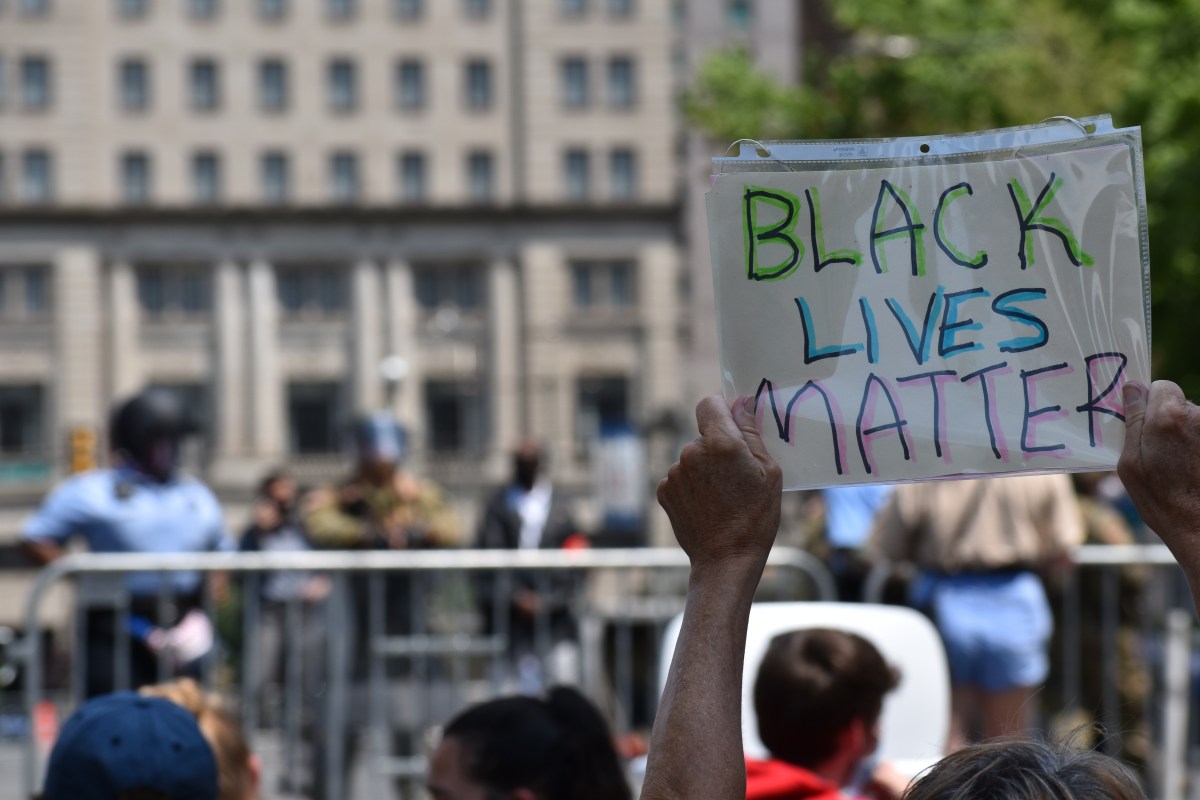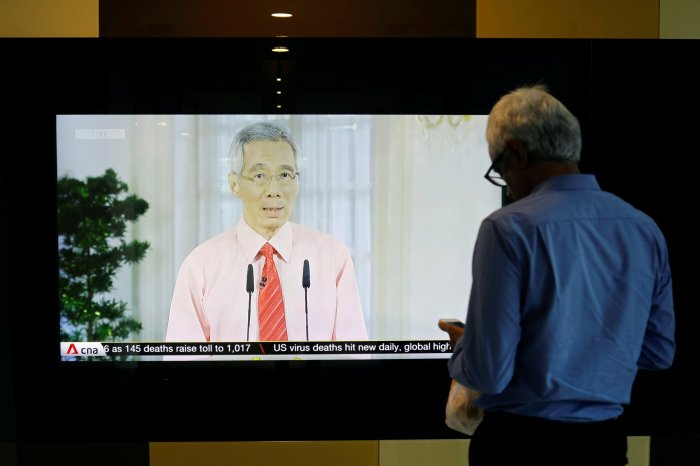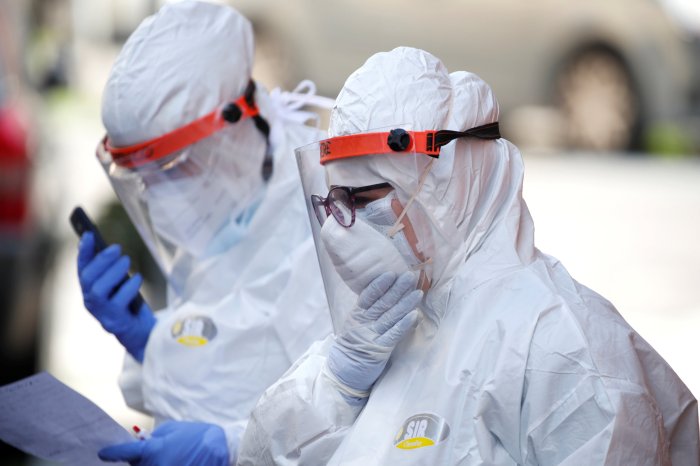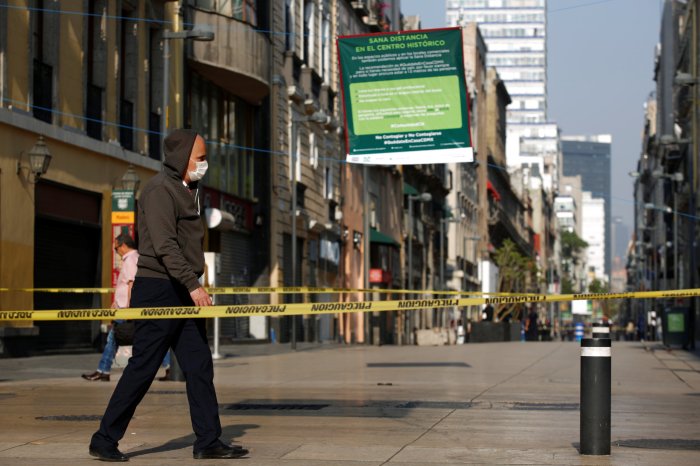(Reuters) – She’d picked her dress, they’d booked their honeymoon and the wedding was set for the end of March. Then, the coronavirus pandemic hit.
So the two young American doctors, Kashif Chaudhry and Naila Shereen, whose whirlwind courtship spun them between New York City and Cedar Rapids, Iowa, cancelled their big plans.
Two weeks ago, they persuaded the imam at a mosque in Hawthorne, New Jersey, to open up for a quick nikkah marriage contract ceremony. The couple married the following day on Saturday and celebrated with her family at her parents’ house in New Windsor, New York. After the ceremony, Shereen dropped her new husband at the airport 12 hours later.
“We said our goodbyes – we were a bit teary and sad,” he said. “I gave her a red rose.”
Shereen was back at work by Monday.
As an internal medicine chief resident overseeing teams of residents, she rotates through different hospitals in New York, the epicenter of America’s coronavirus outbreak. So far the disease has infected more than one million people and killed over 50,000 worldwide.
Shereen is working long days but says doctors are trying to keep each others’ spirits up by swapping snacks and trading funny videos.
“We all know New York is bad but we know the worst is yet to come,” she said. “I never thought I’d live through a pandemic.”
Chaudhry, a 37-year-old cardiac electrophysiologist, is seeing patients via videoconferencing where he works at Mercy Medical Center in Cedar Rapids, Iowa. They’ve cancelled all elective operations to try to conserve their protective equipment when the coronavirus tsunami hits. But while his head is in Iowa, his heart is in New York.
“I worry a lot about her,” he said. “But I’m really proud of her.”
The two doctors chat several times a day via Facetime. When asked about each other, Shereen said Chaudhry is “super funny” while he said he loves her “witty, sarcastic” sense of humour.
Both say their faith not just inspires but requires them to help – they are Ahmadi, a Muslim sect that believes in Mirza Ghulam Ahmed as the second coming of the Messiah, an idea rejected by other Muslims.
Chaudhry, whose aid worker father also inspires him, already worked as a volunteer implanting pacemakers for free in Bolivia. He and Shereen, who had herself volunteered in Guatemala, started dating in December. They met for a coffee that turned into dinner, which they ate in a mall because he had forgotten his jacket.
“When we met up, we talked and talked. I just knew right away,” he said. “We had to give up our big wedding but it’s much more important I got to marry the woman I love.”
(Editing by Diane Craft)

